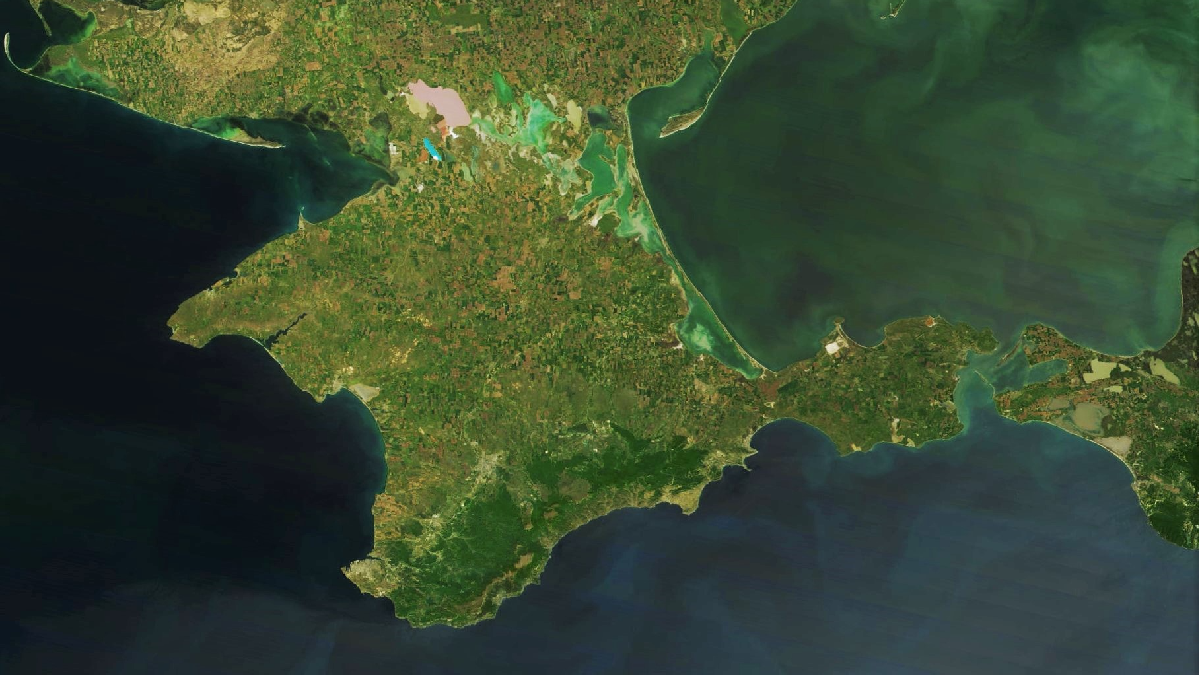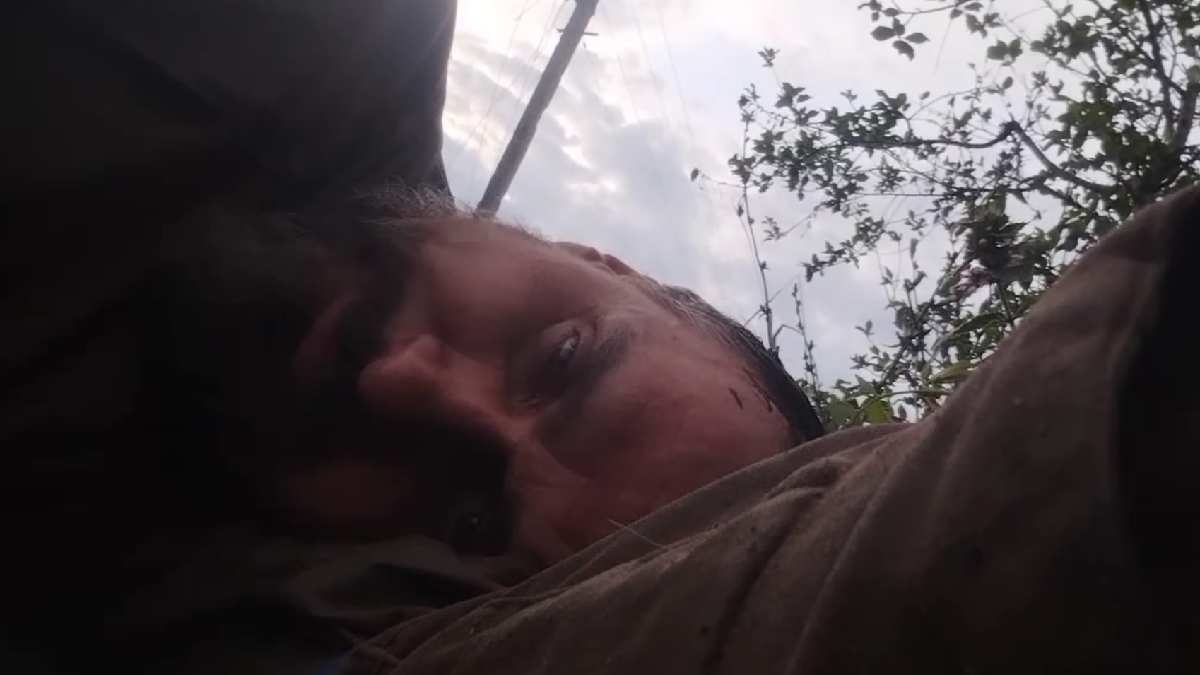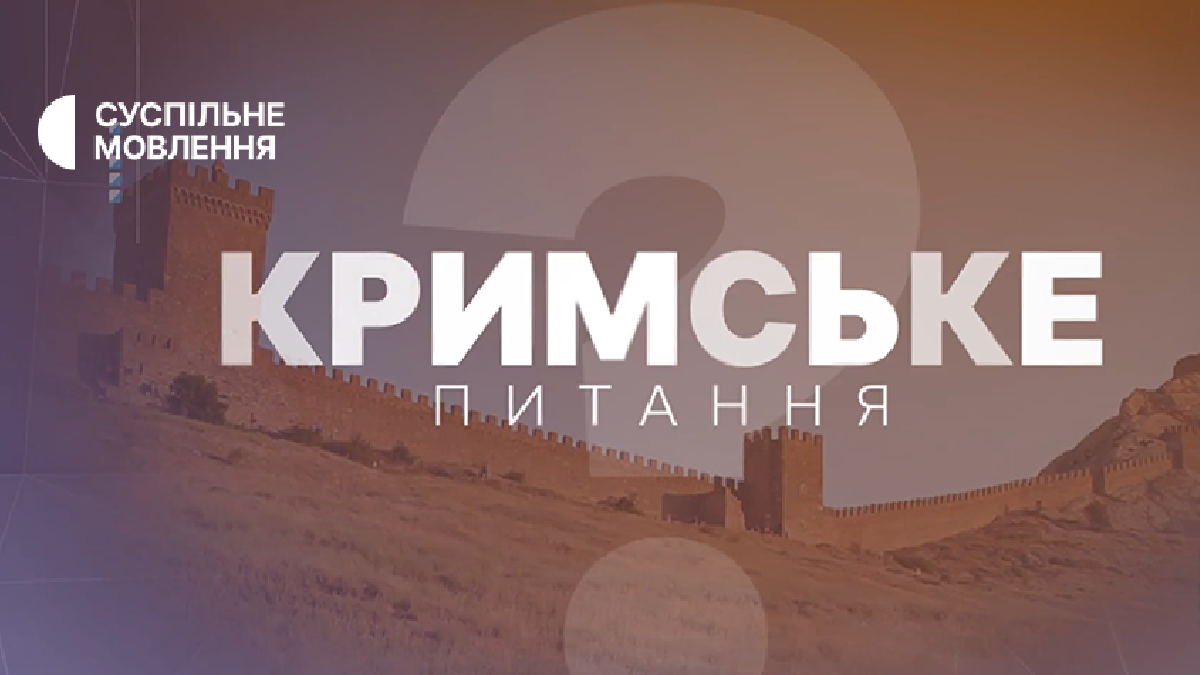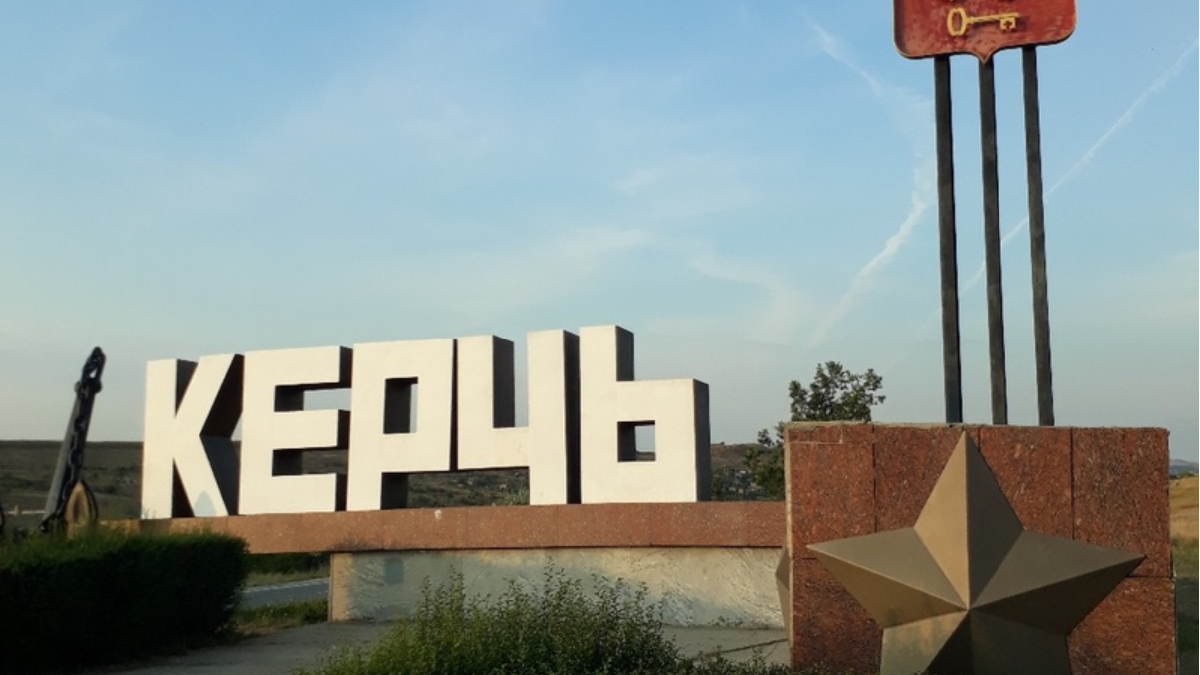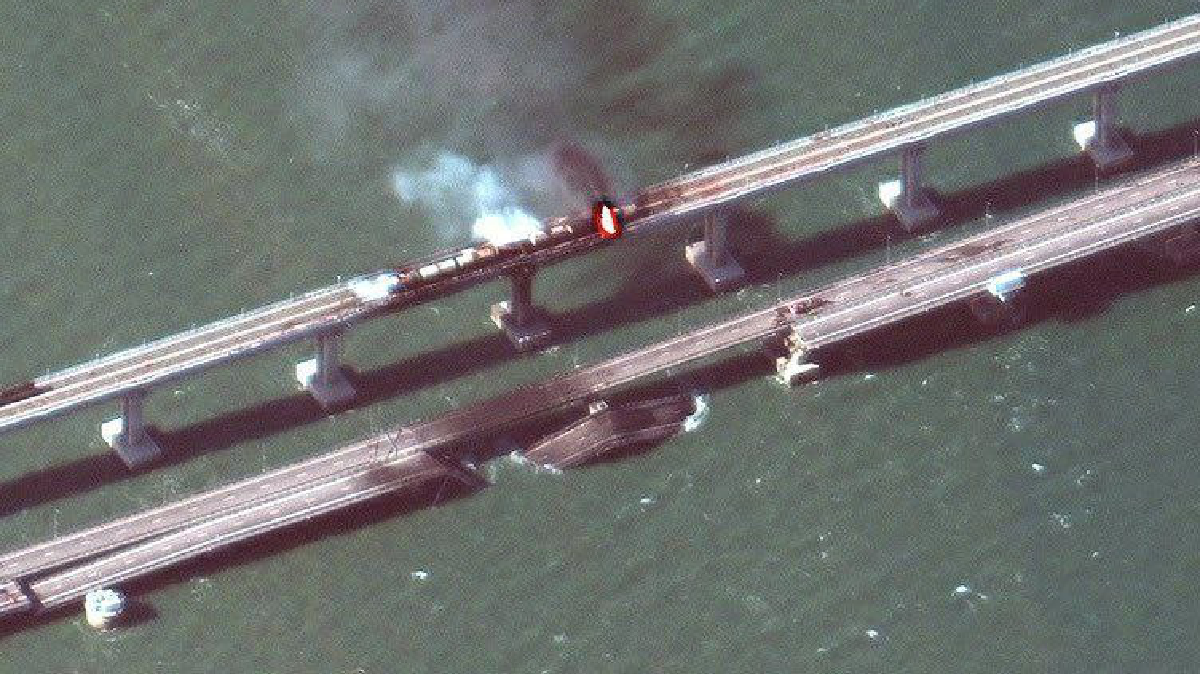Payment of compensation and return of property to persons repressed during the USSR will not apply to deported Crimean Tatars
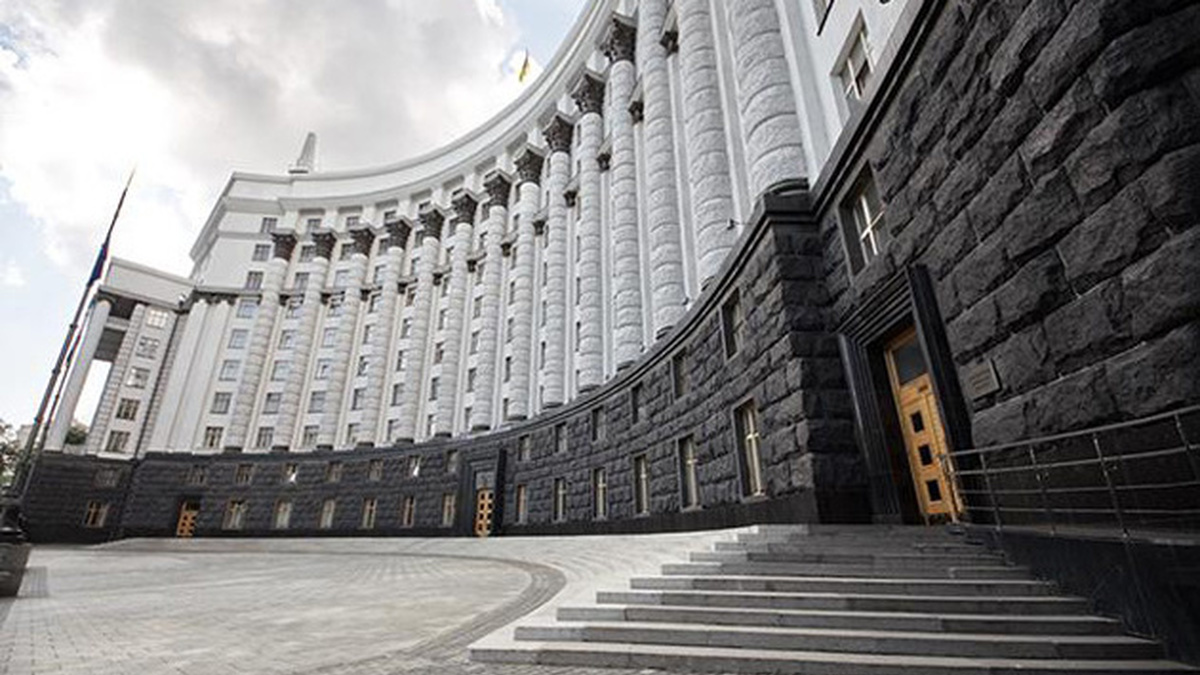
The Law of Ukraine "On Rehabilitation of Victims of Repressions of the Communist Totalitarian Regime of 1917-1991" entered into force on 05.05.2018.
It is noted that the Regulations of the Cabinet of Ministers of Ukraine on the payment of compensation and return of property to persons repressed during the Soviet period do not apply to deported Crimean Tatars and their descendants.
Lawyer Anna Rassamakhina explained that those who were imprisoned in Soviet times can count on compensation of one salary for each month of imprisonment.
"The maximum amount of payment is 75 times the minimum wage. Of course, there are few victims of the regime left. The provision provides for the payment of compensation to deportees for property lost by them as a result of deportation, including compensation for real estate", - the lawyer said.
It is currently impossible for the descendants of the deportees in 1944 to receive compensation for property lost in the occupied Crimea under this resolution. This response to the information request was received by Public correspondents from the Ministry of Social Policy.
"Now a person is applying for compensation for property located in the Crimea to any body in the controlled territory, and this application is there until the end of the occupation. Only after the end of the occupation will it be handed over to the legitimately created authorities of the peninsula", - Anna Rassamakhina said.
The following documents are required to obtain reimbursement of property: passport of a citizen of Ukraine, identity card of a rehabilitated person, a document confirming the right of ownership and a property appraisal report.
In 1944, there was no private property in the Soviet Union. Only in 1948 in the USSR was it allowed to register the ownership of private houses.
In May 2021, the National Rehabilitation Commission appealed to the Prime Minister, Denis Shmygal, regarding the provision on the payment of compensation to repressed persons, where they pointed out the contradictions in the document.
"Starting from May 5, 2018, some of the rehabilitated will receive property compensation, and people who have been rehabilitated before this number will be deprived of this right", - Roman Podkur said, Chairman of the National Rehabilitation Commission.
The document approves the sample form of the rehabilitated person's certificate and obliges the local authorities to issue certificates to people who want to obtain the status of a rehabilitated person.
In 1978, dissident Joseph Zisels was sentenced to three years in a maximum security prison for fabrications that disgraced the Soviet system. In 1991, he received double rehabilitation under the law of victims of political repression in the Soviet Union. The dissident views the new provision as populist, as it cannot be used.
Joseph Zissels is the chairman of the National Commission for the Rehabilitation of Political Repression of 1917-1991. For 2 years of work the commission received more than 2 thousand applications. The commission considered and satisfied a thousand of them. The deportation of Crimean Tatars in 1944 is the same imprisonment.
Joseph Zissels explained that these compensations are provided from local budgets.
"Where will the local budgets get their money from now, when the crisis in the country, the war, the coronavirus and the money are not so much left in these local communities. They have been burdened with payments that they will not be able to verify themselves", - the deputy said, chairman of the national commission for the rehabilitation of victims of political repression in 1917-1991.
The dissident believes that the descendants of the deportees should also be entitled to compensation from the state.
In 1985, Uzbek Soviet authorities arrested Sinaver Kadyrov for producing and distributing documents that disgraced the state system of the Soviet Union.
However, he did not have any documents requiring provisions for the payment of compensation as a repressed person.
"They sent my grandfather, grandmother and parents. They were children, but they were also deported. Does this law apply to me, because, in fact, I was not expelled, I was not born then. I had no right to return to the Crimea and once again demand illegally confiscated property from my ancestors", - Sinaver Kadyrov said.

